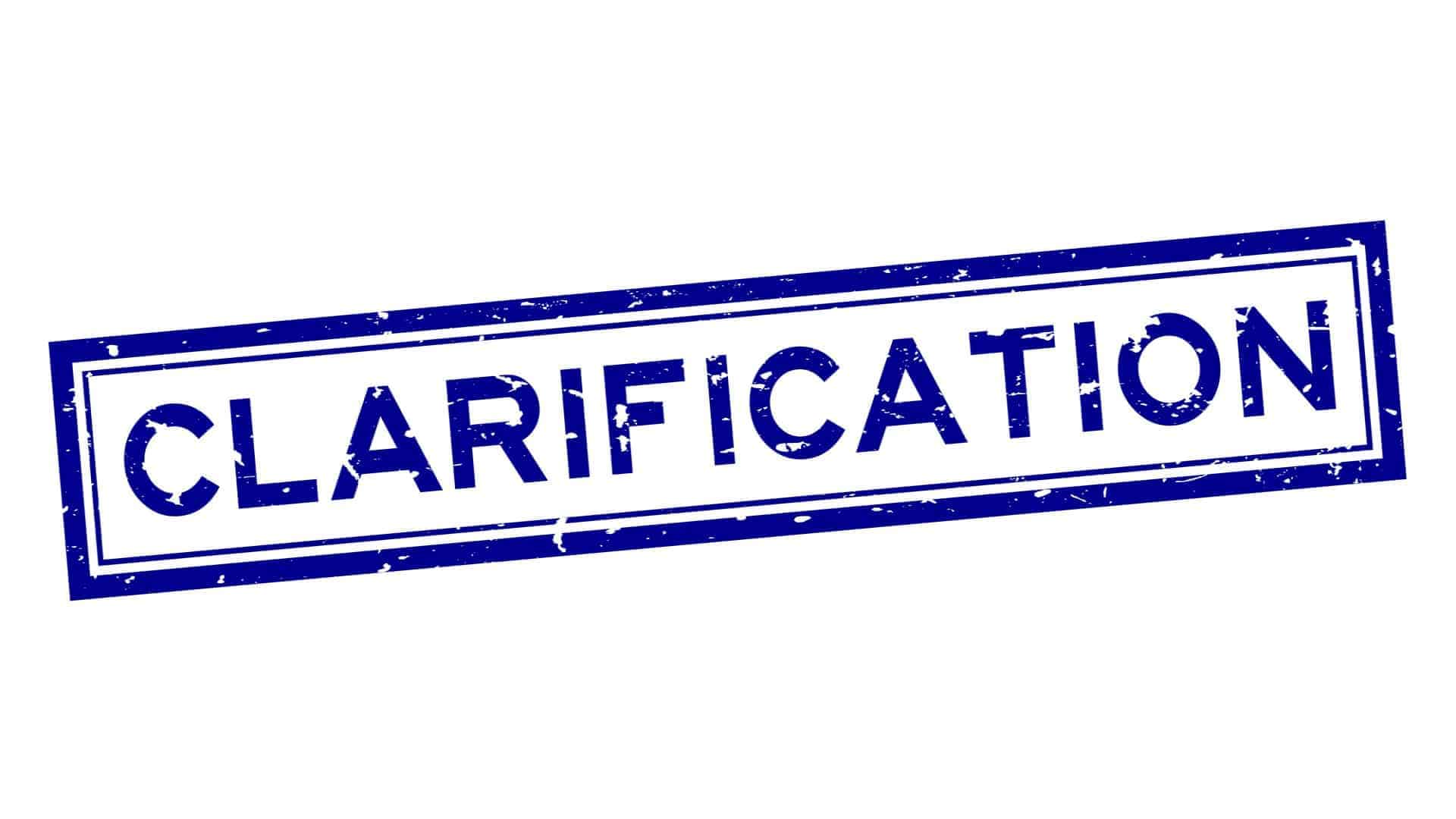
Commonly Confused Words: Capital vs. Capitol

While on vacation, have you ever had the capital idea to visit your nation’s capitol building and wander around the expansive hallways to see if any capital trials are being held there? If you are confused by the use of capital vs. capitol in that introductory sentence, you aren’t alone. Writers often transpose these simple words because of their multiple meanings, which can make understanding any article containing examples of capital and capitol difficult to read. To help you understand when to use which word, let’s clarify the confusion.

Capital vs. Capitol at a Glance
English can be a strange language, even to native speakers. With only a single letter to differentiate between capital and capitol, the two words are easy to confuse. Here is some basic information about each word to help you better identify how they can be used.
- Capital is both an adjective and a noun. It can mean important, punishable by death, pertaining to a country’s seat of government, net worth, or a descriptor for uppercase letters.
- Capitol refers to a single or group of buildings used by officials to perform government functions with the help of the legislative body.
What’s the Difference Between Capital and Capitol?
Capital and capitol are easily confused, but the capital vs. capitol definitions are very distinct. When writing about a criminal case, someone’s net worth, or the size of letters on the page, use capital. If you are referencing the legislative building in your state or government, use capitol.
When To Use Capital
Capital is a noun and an adjective. When you use the term as a noun, it refers to a city within a country that houses the local government. As an adjective, capital can denote wealth, uppercase letters, brilliant ideas, influential works and executable criminal offenses.
Examples of using capital in a sentence:
- The capital of Kenya is Nairobi, a city of approximately 53.77 million people. (capital city)
- Investors need to liquidate their capital before a market crash to stay solvent. (assets or investments)
- Capital letters should be used with care when texting, so you don’t offend people or appear to be shouting. (uppercase letters)
- Jane Goodall had a capital idea about building a gorilla reserve. (brilliant idea)
- Authors often can’t decide which of their novels is their capital (most influential)
- Before being charged with capital punishment, Ted Bundy was tried for more than a dozen crimes. (a crime punishable by death)
When To Use Capitol
Capitol is a noun that refers to a state or federal building. Although some large cities have capitol buildings, the term is typically used to reference a building or group of buildings where state or federally appointed legislatures meet. These buildings are set apart for that purpose alone.
Examples of using capitol in a sentence:
- A congressional shouting match inside the capitol building lasted for six hours. (federal legislative building)
- The steps of the state’s capitol were stained with green paint by zealous demonstrators. (state’s governmental building)

Clarifying the Capital vs. Capitol Confusion
Here’s a simple trick you can use to understand the difference between capital and capitol. Think of the “o” in the word capitol as a building or circle of buildings. For every other reference requiring capital or capitol in your articles, use the word with an “a.” In other words, when you refer to an important building that government officials use to conduct business, use capitol (remember the “o”). If your article is about criminal punishment, a person’s net worth, a net gain in assets or an excellent idea, use capital (everything else uses the “a”).
Now that you understand the capital vs. capitol confusion, are there any other words or phrases you would like more information or clarification on? If so, comment below. We would love to help you!
- Commonly Confused Words: Addition vs. Edition - May 26, 2023
- AP Style Time, Dates and Days - May 10, 2023
- Coronavirus AP Style Topical Guide - May 10, 2023


